Challenges from extreme weather
According to Mr. Huynh Ngoc Diep - Head of the Department of Animal Husbandry and Veterinary Medicine (Department of Agriculture and Environment), the intense heat in recent days has not only negatively affected the growth and development of livestock but also created favorable conditions for disease outbreaks, especially in areas with high livestock density such as the eastern communes and wards of the province.
As of August 2025, the province has more than 803,200 cows, more than 1.4 million pigs (excluding piglets that have not been weaned) and more than 17 million poultry, of which chickens account for more than 14.7 million. With such a large scale, heat and disease prevention is a key task of the local livestock industry.
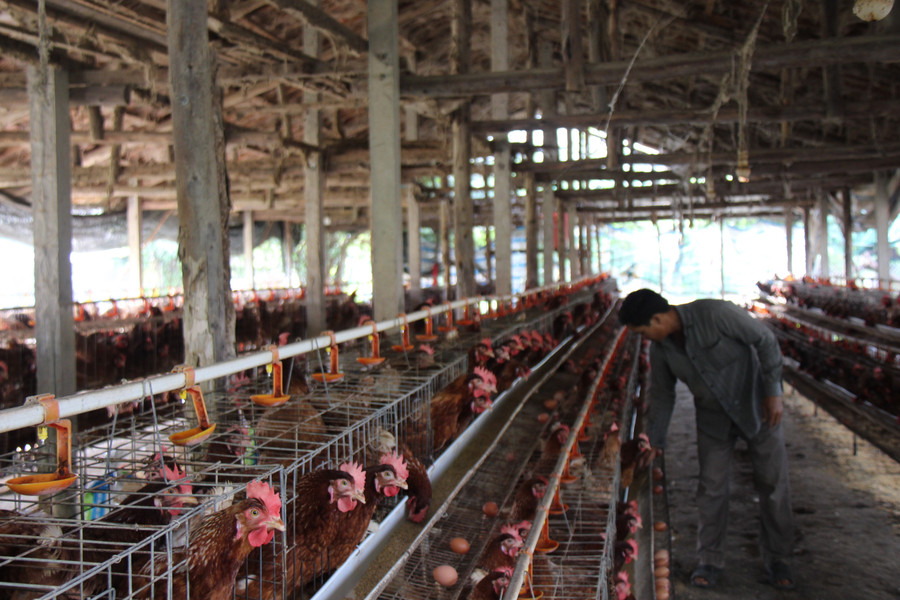
“All livestock are affected by the heat. Livestock often eat less, have reduced resistance, are susceptible to heat shock, sunstroke, respiratory and digestive diseases. If the barn is not guaranteed, the risk of damage is very high,” Mr. Diep said.
In many localities, farmers have proactively applied flexible measures to protect their livestock. Mr. Pham Thanh Hoa (Giang Bac village, Tuy Phuoc Bac commune) is currently taking care of a herd of fattened heifers. He shared: “My calves have been fully vaccinated against foot-and-mouth disease. However, the recent hot weather and frequent thunderstorms have made me very worried about their health. To help the calves grow well, I have covered the barn, provided clean drinking water, fed them with bran, fresh grass, green vegetables and added vitamins to increase their resistance.”
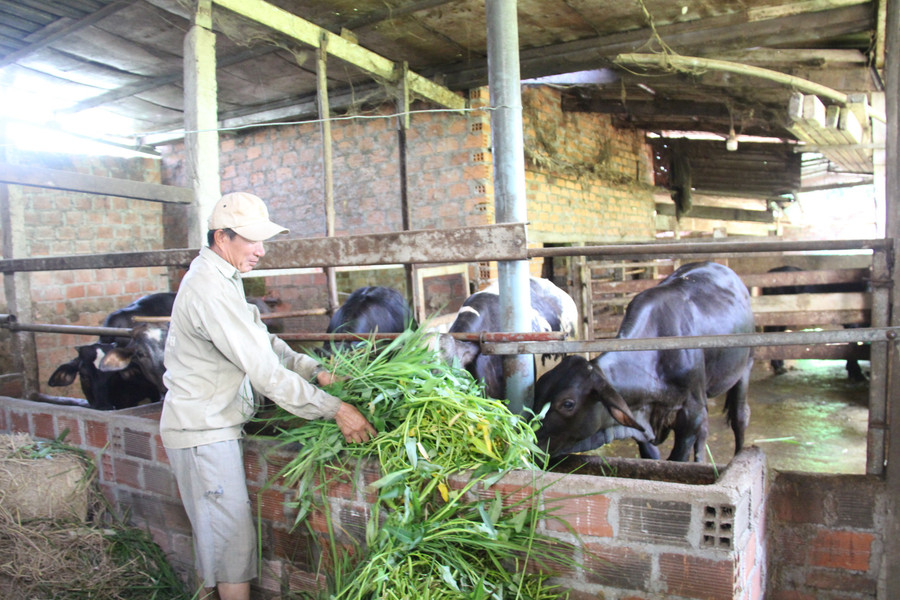
In Vinh Hoa village (Vinh Thinh commune), Ms. Dinh Thi De, who is raising 400 broiler chickens, said: “Hot weather with rain in the afternoon makes it easy to get sick, so I often change the rice husks and clean the manure every two days. The chickens drink a lot of water, so I change the water continuously and add vitamin C to increase their resistance. Thanks to careful care, the chickens are growing well and will soon be sold for about 65,000 - 75,000 VND/kg.”
Proactively protect livestock
Faced with the prolonged heat, the Department of Animal Husbandry and Veterinary Medicine has recommended that livestock farmers proactively implement measures to protect livestock to limit damage and prevent disease. In particular, improving barns is considered a key factor, with requirements to ensure ventilation, cleanliness, roofing, misting, fans and planting trees to create shade to reduce heat, especially for open barn models.
The diet also needs to be adjusted appropriately, prioritizing protein-rich foods, supplementing vitamins (especially vitamin C), electrolytes and trace minerals to improve resistance. Farmers should feed their animals early in the morning or in the cool afternoon, avoiding the harsh midday sun. Some supportive measures such as giving them coconut water or carbonated mineral water also help to cool them down effectively.
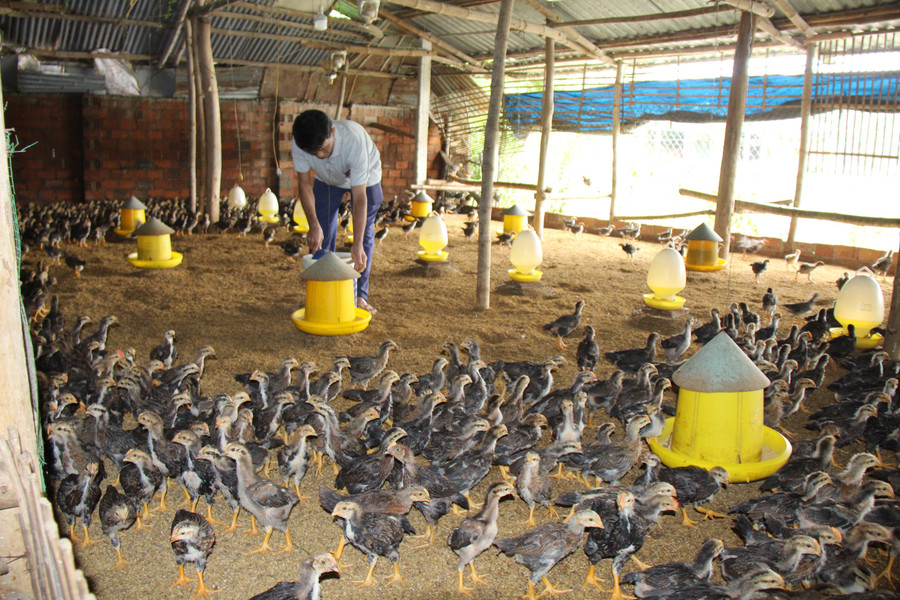
Livestock density needs to be controlled appropriately for each type of livestock to limit heat stress and reduce the risk of disease spread. At the same time, barn cleaning, daily waste collection and periodic spraying of disinfectants must also be maintained to prevent common pathogens in the summer such as ticks, mites, flies, mosquitoes, mites, etc.
The Department also emphasized the importance of regularly monitoring the health of livestock. When detecting unusual signs such as loss of appetite, fever, diarrhea, etc., it is necessary to quickly isolate and notify the local veterinarian for timely treatment. In addition, farmers need to fully perform vaccinations and periodic deworming. In case of having to transport livestock, it should be done in cool weather, ensuring safe conditions, avoiding heat shock.
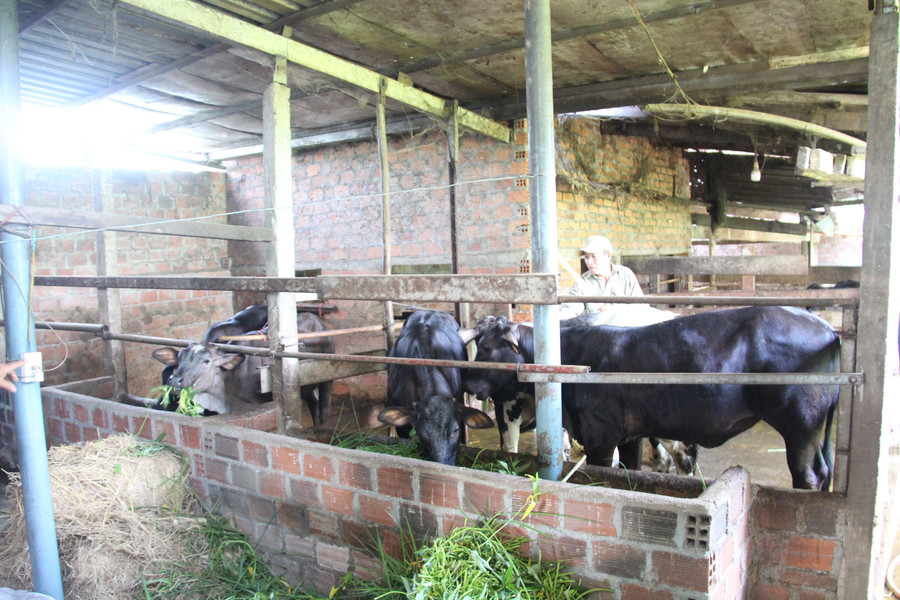
Mr. Huynh Ngoc Diep emphasized: Hot weather is a big challenge for the livestock industry, but if synchronously and scientifically implementing care and disease prevention measures, livestock farmers can still maintain healthy livestock, stabilize production and ensure income.
Source: https://baogialai.com.vn/chu-dong-cham-soc-bao-ve-dan-vat-nuoi-trong-mua-nang-nong-post563449.html



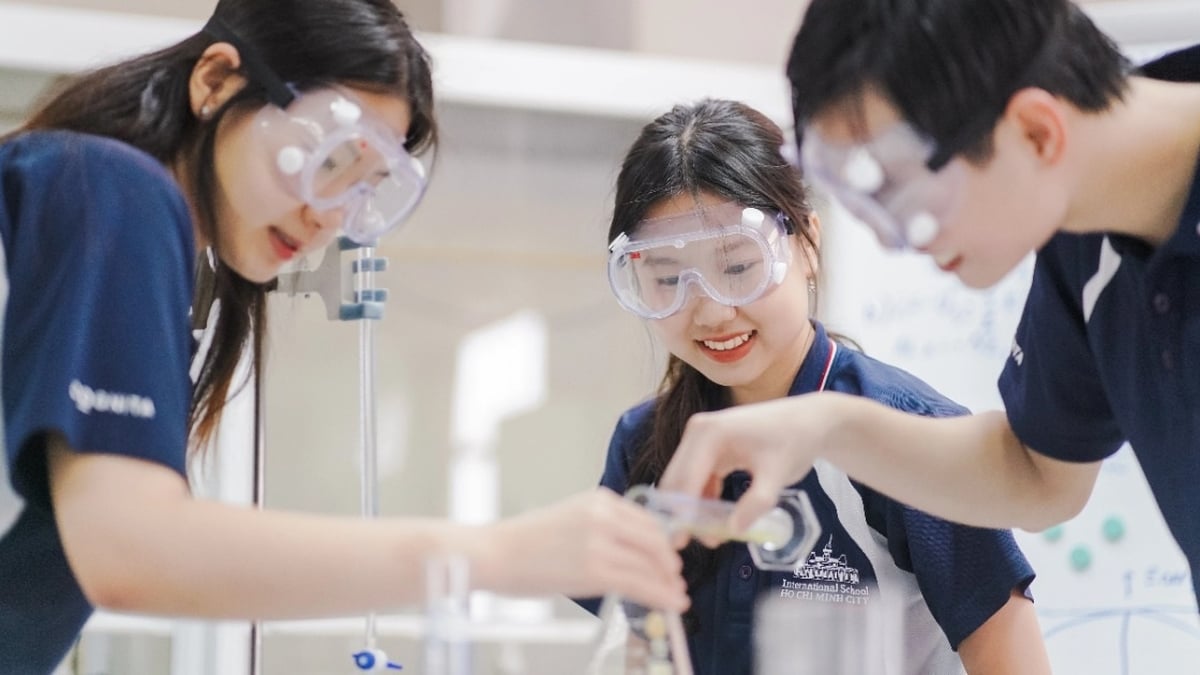
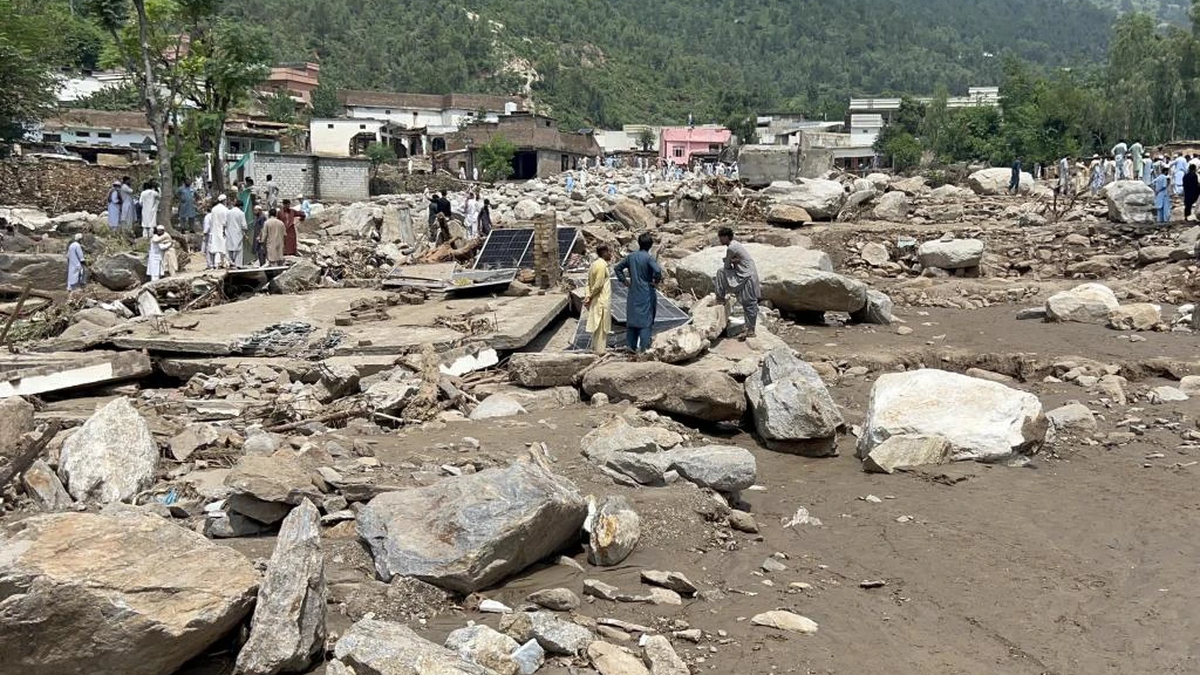
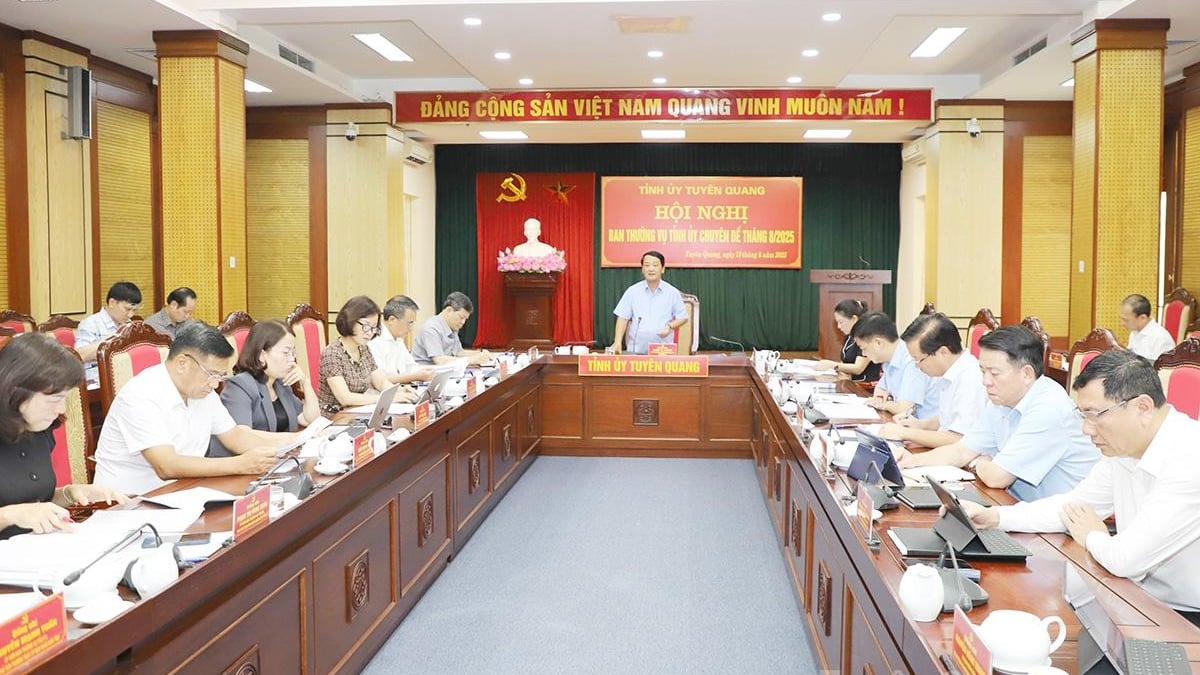
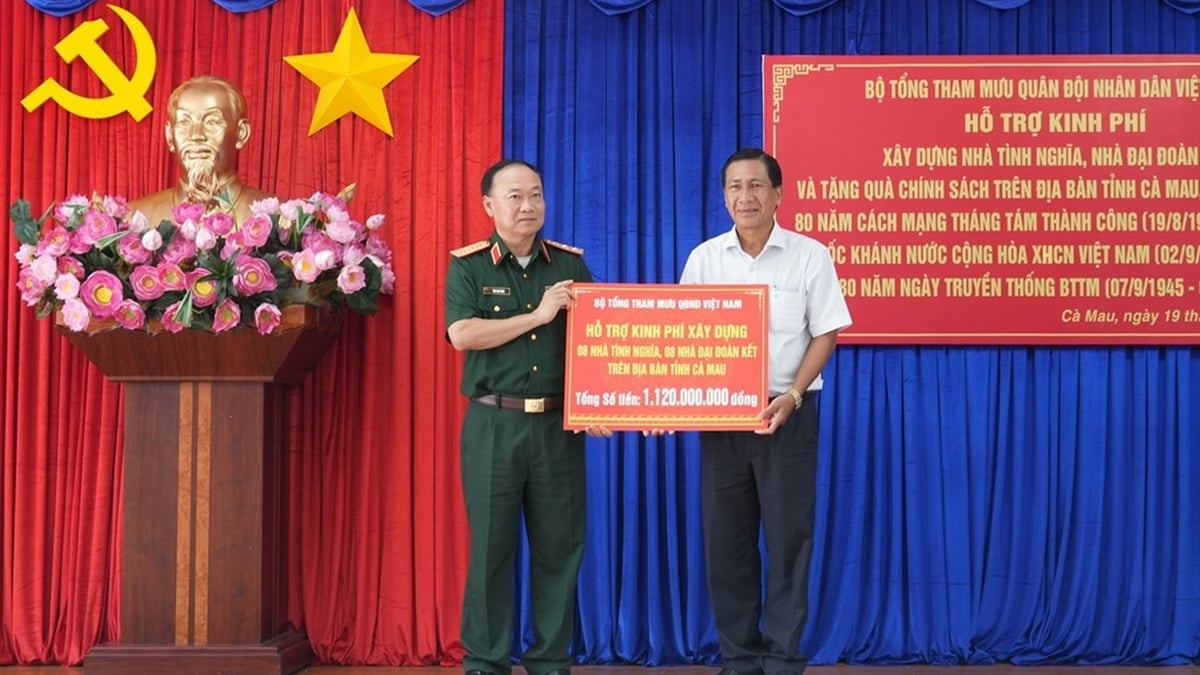


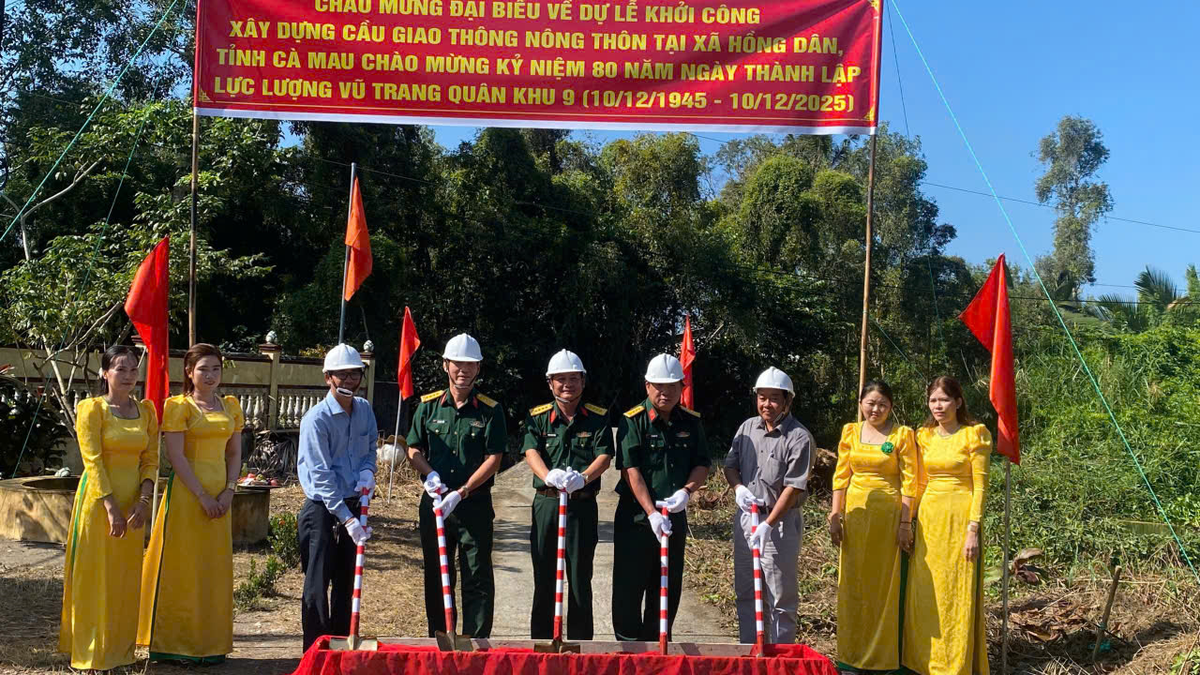

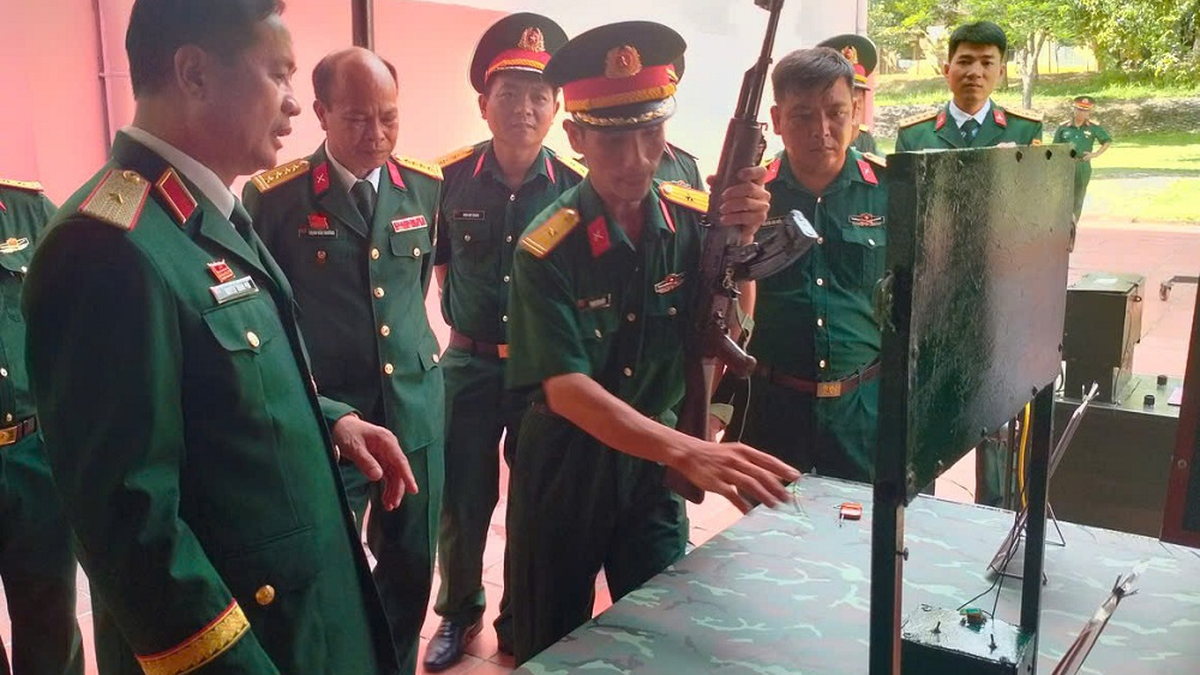











![[Photo] President Luong Cuong's wife and Queen of Bhutan visit Tran Quoc Pagoda](https://vphoto.vietnam.vn/thumb/1200x675/vietnam/resource/IMAGE/2025/8/19/62696af3852a44c8823ec52b03c3beb0)
![[Photo] General Secretary To Lam attends the inauguration and groundbreaking ceremony of 250 projects to celebrate National Day](https://vphoto.vietnam.vn/thumb/1200x675/vietnam/resource/IMAGE/2025/8/19/3aa7478438a8470e9c63f4951a16248b)
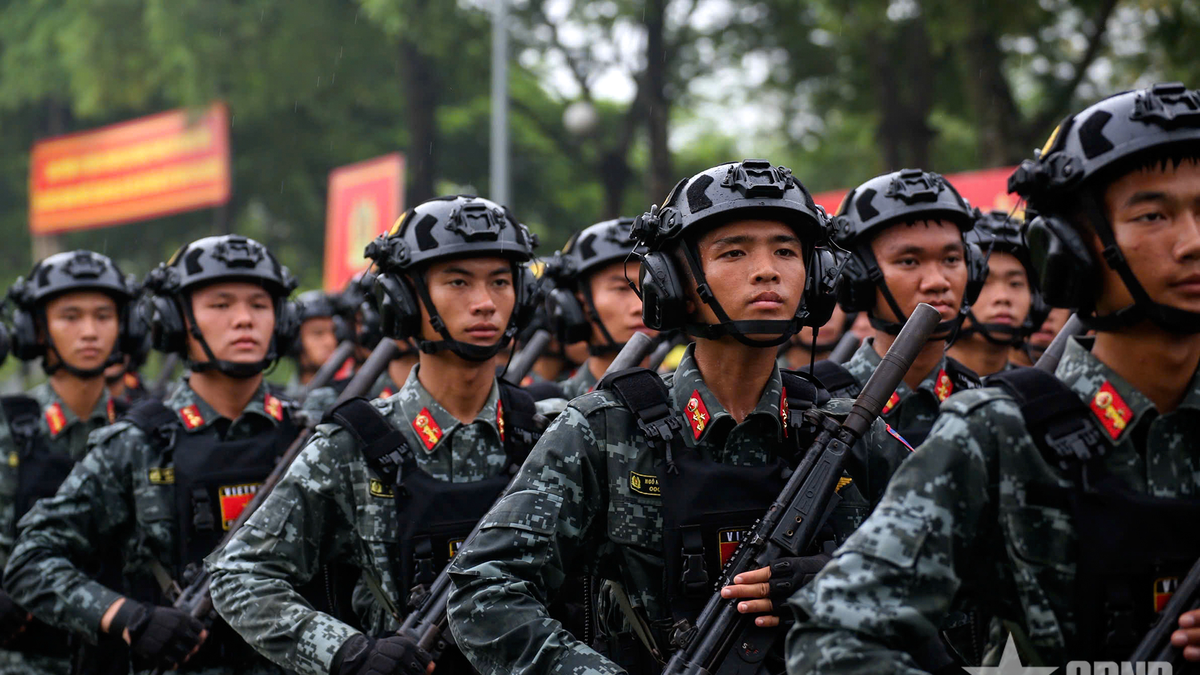
![[Photo] General Secretary and Prime Minister visit the National Exhibition and Fair Center](https://vphoto.vietnam.vn/thumb/1200x675/vietnam/resource/IMAGE/2025/8/19/f4503ad032d24a90beb39eb71c2a583f)
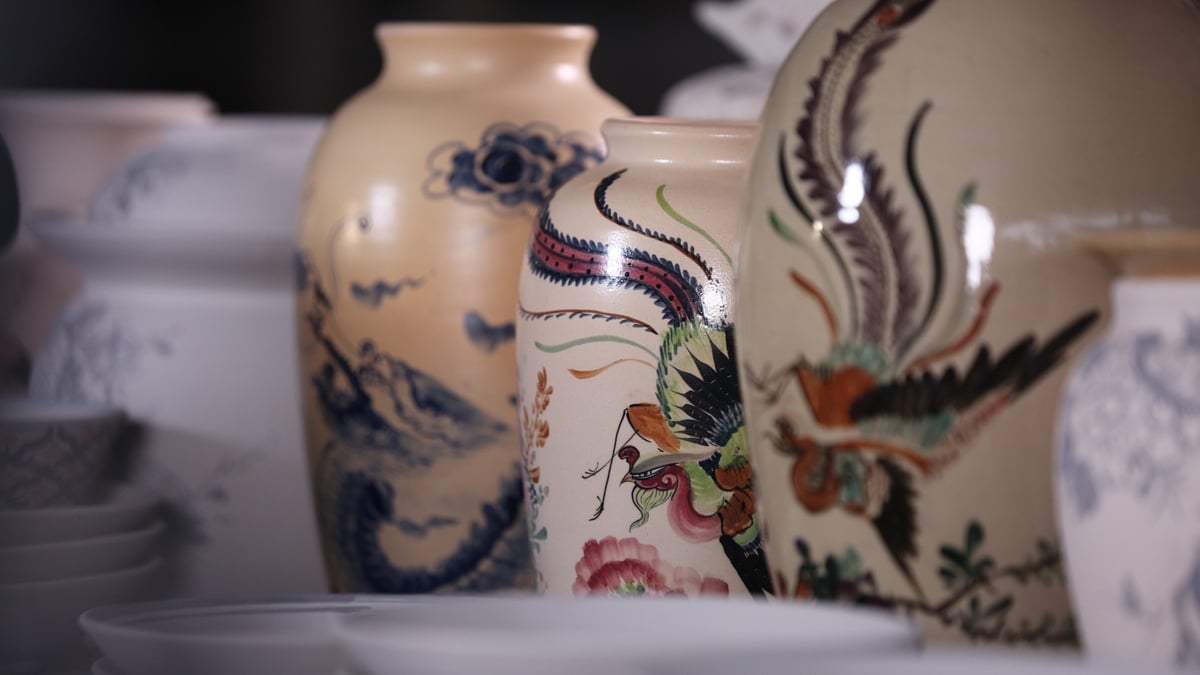


![[Photo] General Secretary To Lam and President Luong Cuong attend the handover ceremony of the Presidential Office Headquarters](https://vphoto.vietnam.vn/thumb/1200x675/vietnam/resource/IMAGE/2025/8/19/a37cfcbd301e491990dec9b99eda1c99)
![[Photo] Close-up of the first International Financial Center building in Ho Chi Minh City](https://vphoto.vietnam.vn/thumb/1200x675/vietnam/resource/IMAGE/2025/8/19/3f06082e1b534742a13b7029b76c69b6)








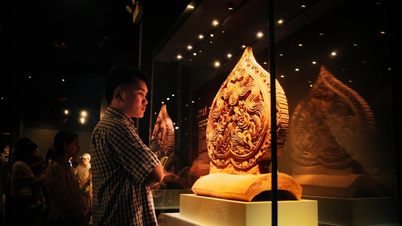








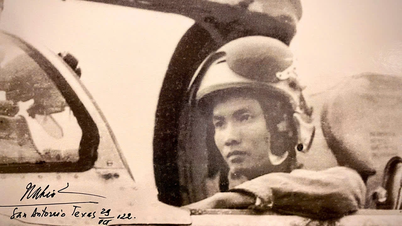

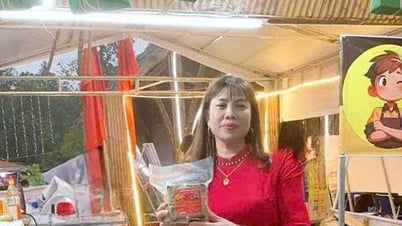



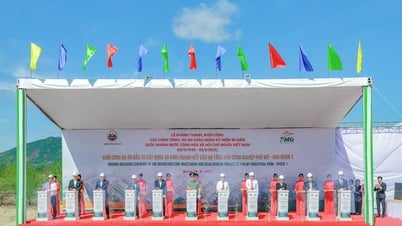












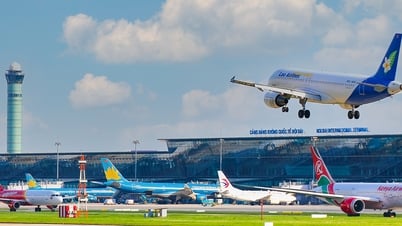

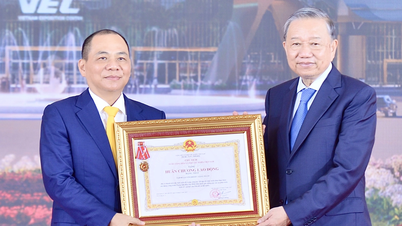
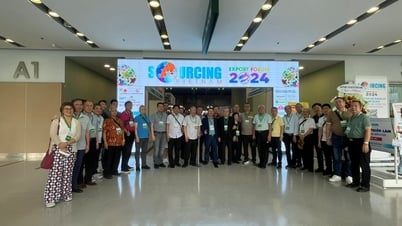

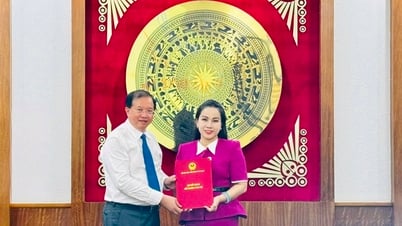











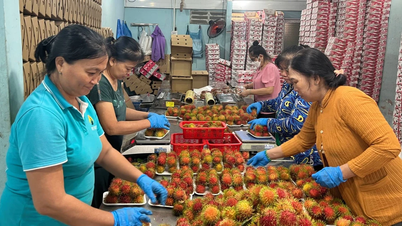


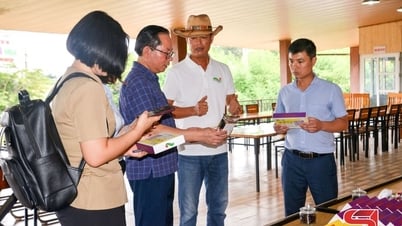

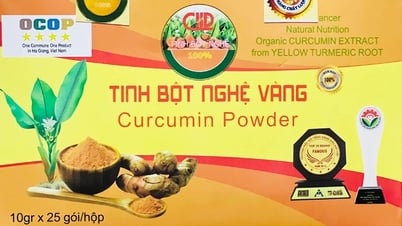

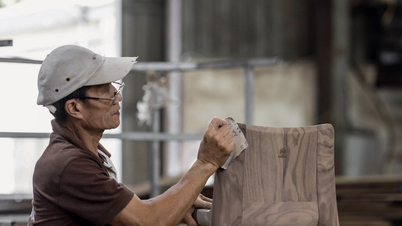







Comment (0)